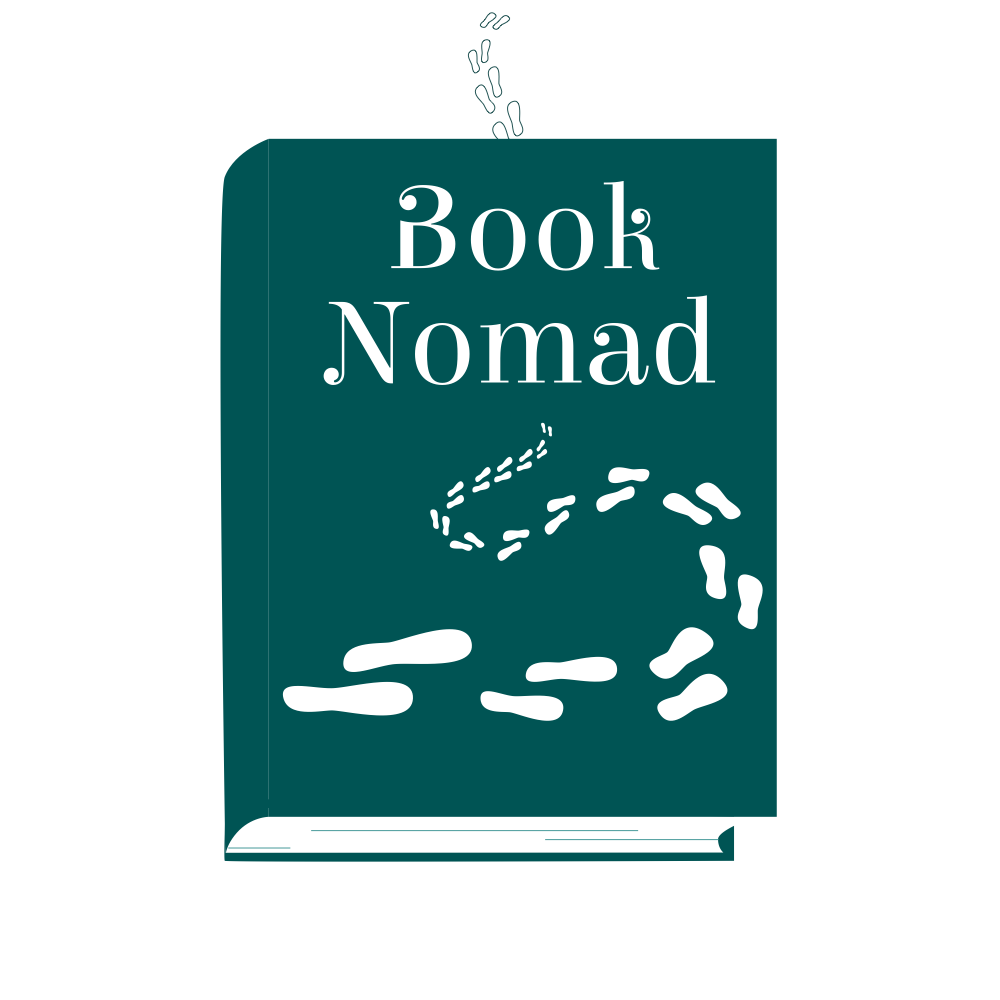At 89 pages, this book certainly doesn’t dominate the bookshelf, but looks can be deceiving. The full title, Textes sur la Lutte Idéologique: Pour mieux comprendre la guerre invisible [Texts on the Ideological Fight: To better understand the invisible war], is pretty self-explanatory and I think the book delivers on its promise.
Malek Bennabi was surely one of Algeria’s (and the Arab world’s) most prominent modern Muslim thinkers, known for dealing with topics related to civilisation and societal development with particular focus on modern Muslim society. Born in 1905, he grew up under the French occupation of Algeria and lived through the war of independence to see post-colonial Algeria’s first steps as an independent nation. He wrote at least 25 books in his lifetime, although most of them are difficult to get hold of (outside Algeria, at least) and almost none are available in English, which explains why he is not better known in the Anglophone world (he would surely say this is due in part to the efforts of “Mr So-and-so” to silence him – a topic he covers in this book). He wrote in French, the language of his education.
Textes sur la Lutte Idéologique is a small collection of Bennabi’s writing and conference proceedings that serve as an introduction to the concept of ideological warfare. He starts by defining ideology in the context of a society, outlining the various factors that contribute to its formation, then moves on to explore ideological warfare, how it works and the tools used, and begins to consider how such attacks can be defended against. The last section of the book gives the reader insight into Bennabi’s very personal encounters with ideological attacks. One simple and tangible example, given in the preface, describes nightly disturbances from cars beeping outside his flat to prevent him writing, which eventually lead his flatmate to spend time in a psychiatric hospital. The particular context of this book, newly-independent Algeria, means he focuses on the Algerian state and French and American ideological attacks, but the principles can be applied in many contexts and not just to the ex-colony-colonised dynamic.
For me, there were two main benefits of reading this book:
- It provides an introduction to the foundation and concept of ideological warfare, in an organised and clear (though still mentally demanding) manner.
- Most of my knowledge of the Algerian war of independence is at the grassroots level, received through stories told by family members who participated directly in the war. This book gave me a macro perspective on the kinds of battles the nation faced at a strategic and ideological level during and after the war.
As someone who had not read Bennabi before, I also appreciated this book as an introduction to his style and work. It is clear from the start that he doesn’t take any previous knowledge for granted and builds his ideas and theories up right from the foundations. It is refreshing to see a modern Muslim academic who is very conscious of the frames of reference that can influence discussions of such topics as these and who is transparent about it in his writing, including referencing his sources of intellectual inspiration, such as socialist writers, very popular at that time.
I struggled with understanding some of this book, partly due to the fact that I read it in French and partly due to my ignorance on the topic, so I think I need to give it a second read, in sha Allah, and then proceed to another of his books to further deepen my understanding.
This book certainly doesn’t go into great depth on the question of ideological warfare; that would be an impossible task, given its size. However, I think it is a useful introduction to the topic, to the kind of issues a new state faces and to Bennabi’s work, in general. Reading this book now, I could see immediate parallels between the questions and pitfalls post-colonial Algeria faced and those faced by some nations in political transition today, which only reinforced its universal benefit.
Textes sur la Lutte Idéologique is not currently available in English, however some of Bennabi’s other works have been translated. I have written another post here where you can find some extracts with my own translations.


0 Comments